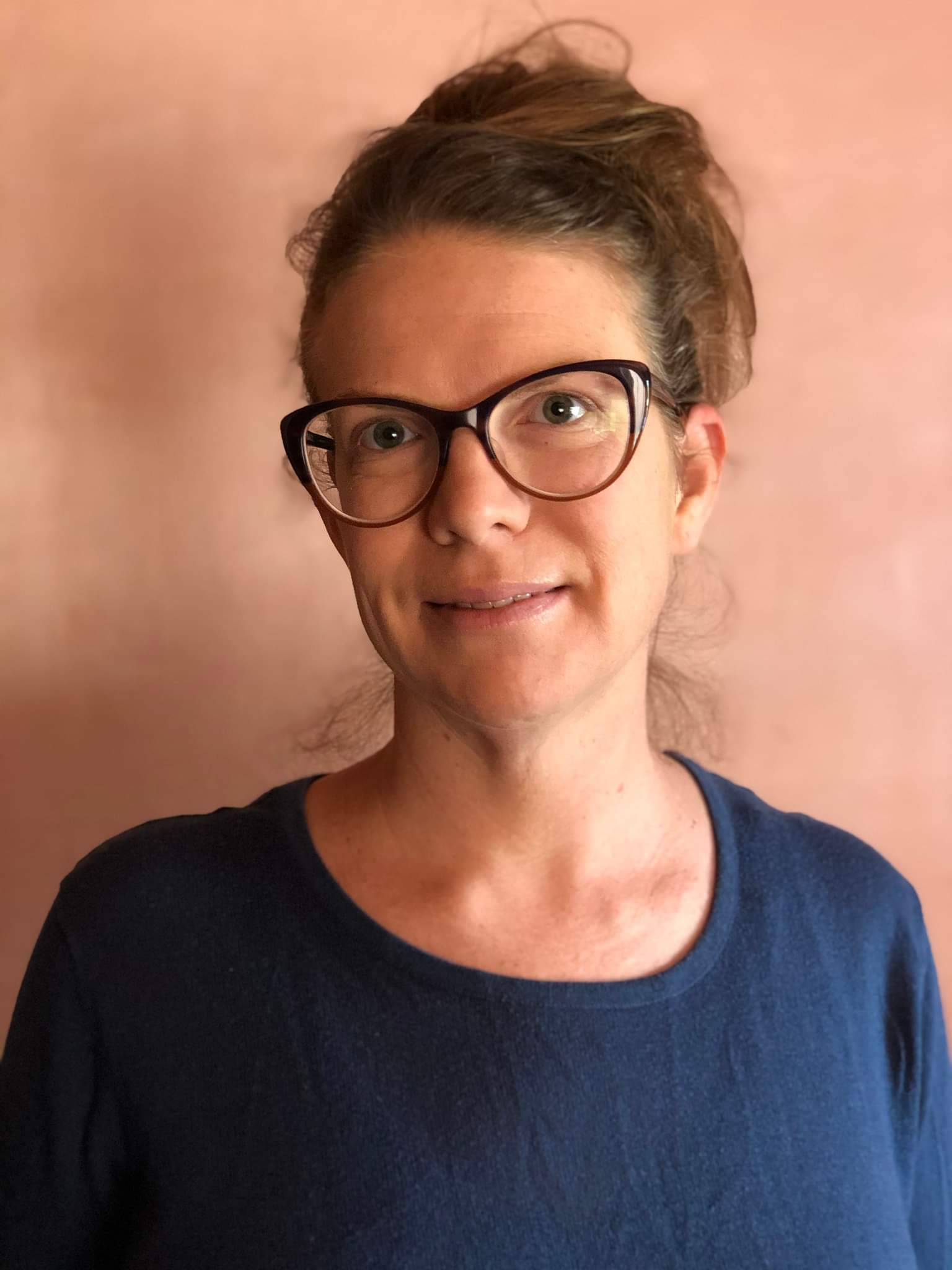Philosophy of Teaching
Based on my years of teaching experience thus far, I discovered that while certain teaching strategies and activities might work for one class, the same approach does not necessarily work for all other classes.
I believe that teaching happens in “teachable moments”, not only in the classroom, but anywhere and everywhere, even on a random street in a random city. Teachable moments are something I grab spontaneously when I recognize an opportunity. I often use these experiences to revise my original lecture plans to encourage transformative thinking in students whether it is about linguistics or other topics. I value transformative moments as the most dynamic and rewarding of my teaching experience, as they come few and far between. I actively search for articles on teaching methodology. I find these resources inspire me to prepare my courses in more novel ways. My teaching practice is always in a state of evolution. Sometimes I quickly adapt by dynamically applying new ideas and approaches in class, but at other times I only methodically modify a small component at a time, making changes in a more incremental fashion. I believe that students are responsible for their own personal learning; and I expect students to be active learners. Students need to be committed to completing their readings and assignments, but contemplative about the purposes behind those readings and assignments. Students need to constantly learn new content and apply what they learn in class to their own real-world context. The amount of time and energy students invest in their study determines how much value they receive from their learning experience.
Teaching in the classroom is structured as a more formal environment than independent study with its disciplines and protocols—perhaps more structured than I would like it to be. Topics I often teach are unfamiliar to students, creating interesting challenges for me as a teacher. I learn along with my students, gaining new insights, as we learn from each other. I find real-world problems more relatable, both for my students and for me, so I try to constantly draw from what is going on in the world around us. To foster rewarding dialogue in classroom, I invite students to share their insight on the topics we discuss. I also ask questions of my students as the means to facilitate class discussion, and often close the discussion by informing students that I do not have any one right answer, but instead ask more follow–up questions for them to answer, applying the Socratic method. This is how I monitor the degree of students’ grasp of the concepts covered in class. I discuss scientific aspects of how languages are structured, and I also introduce socio-cultural aspects of languages to shed light on the attitudes people form about language, and the misconceptions they often have about languages and their communities. I am not simply teaching language and/or linguistic content, but I also coach students on how to become critical thinkers as they hone their skills to present their viewpoints to each other with convincing arguments.

Erin Wilkinson
Professor
Department of Linguistics
University of New Mexico
Contact: /www.unm.edu/~ewilkins/.
©2023, All Rights Reserved: /www.unm.edu/~ewilkins/.